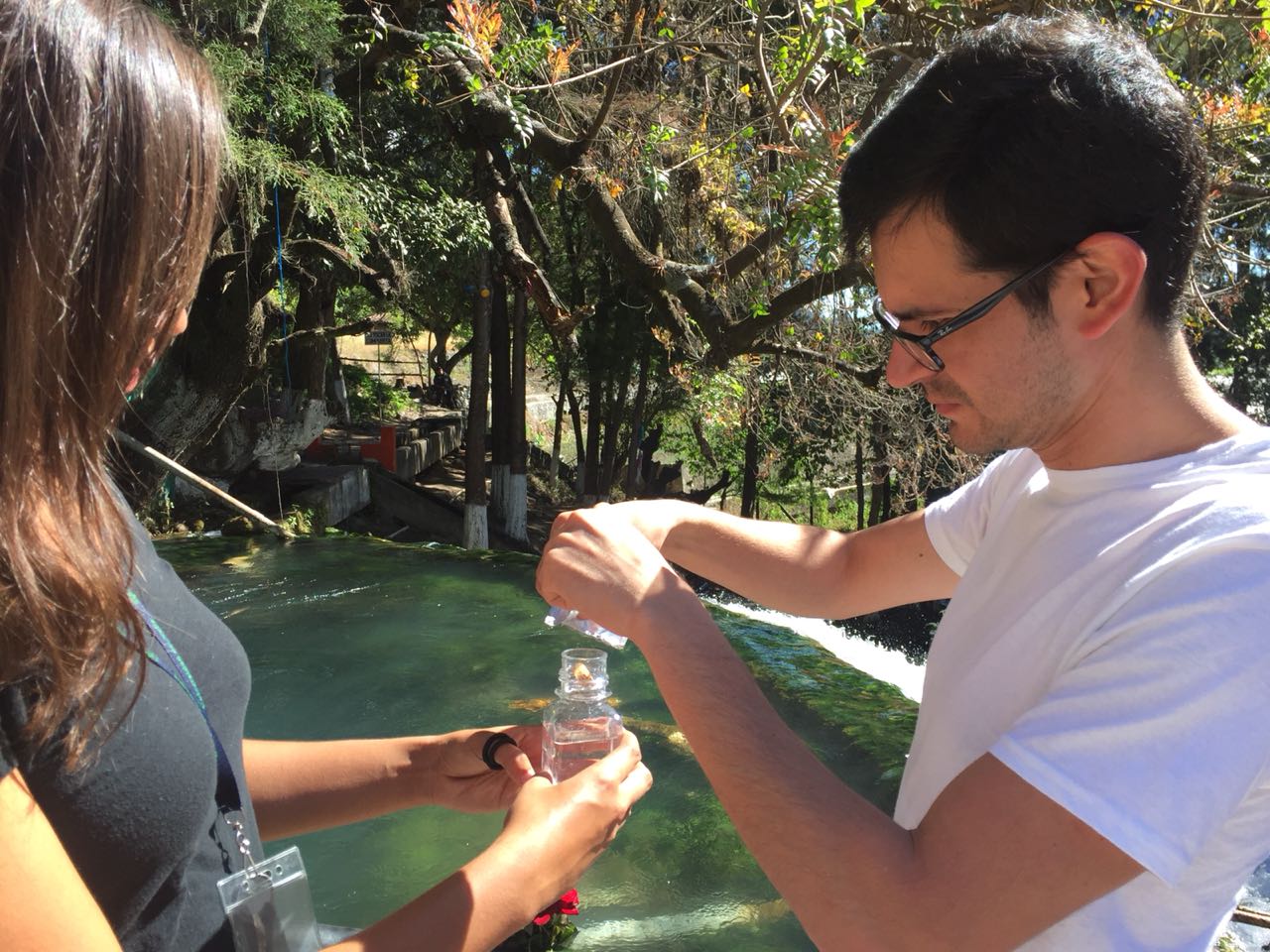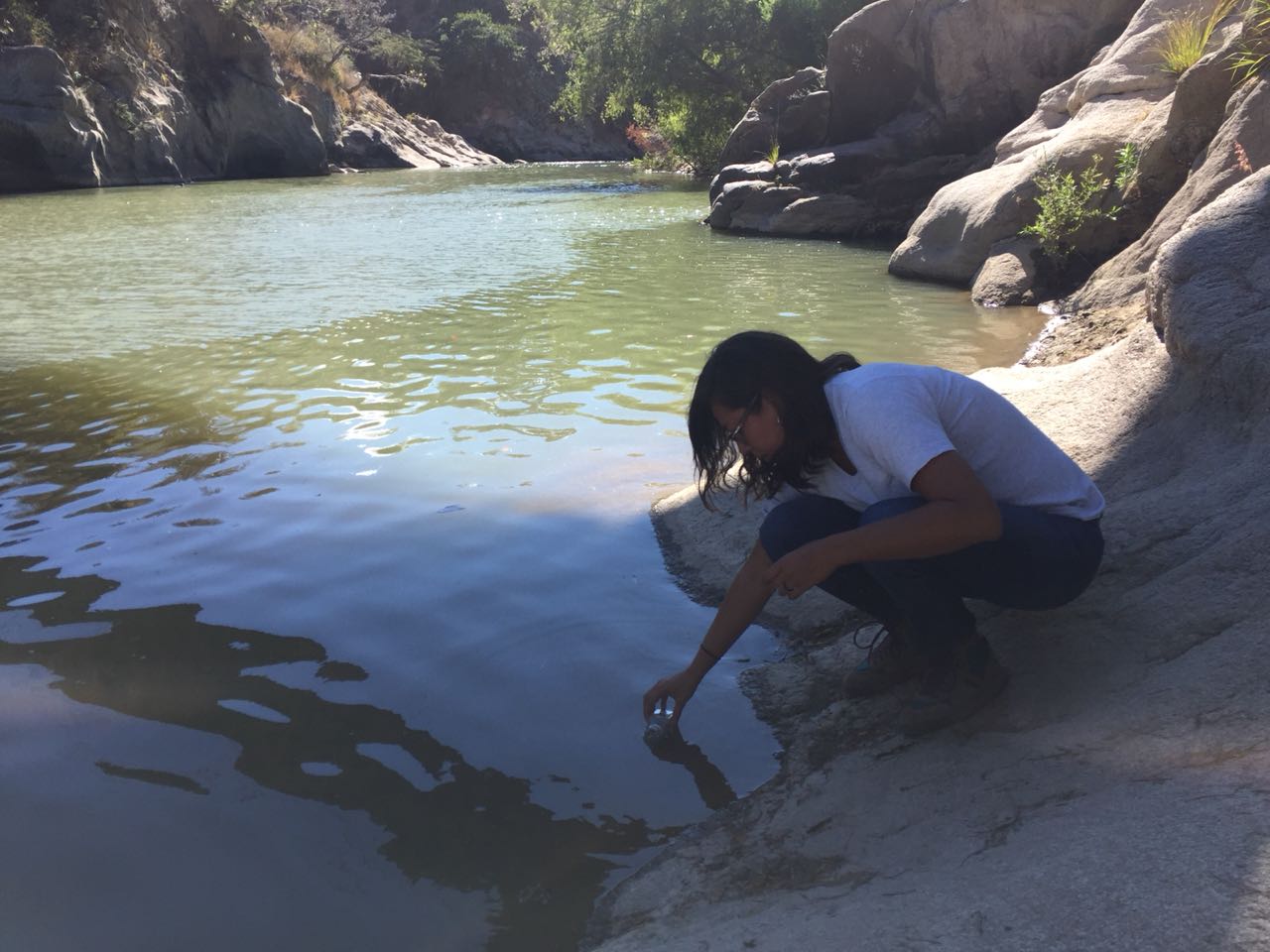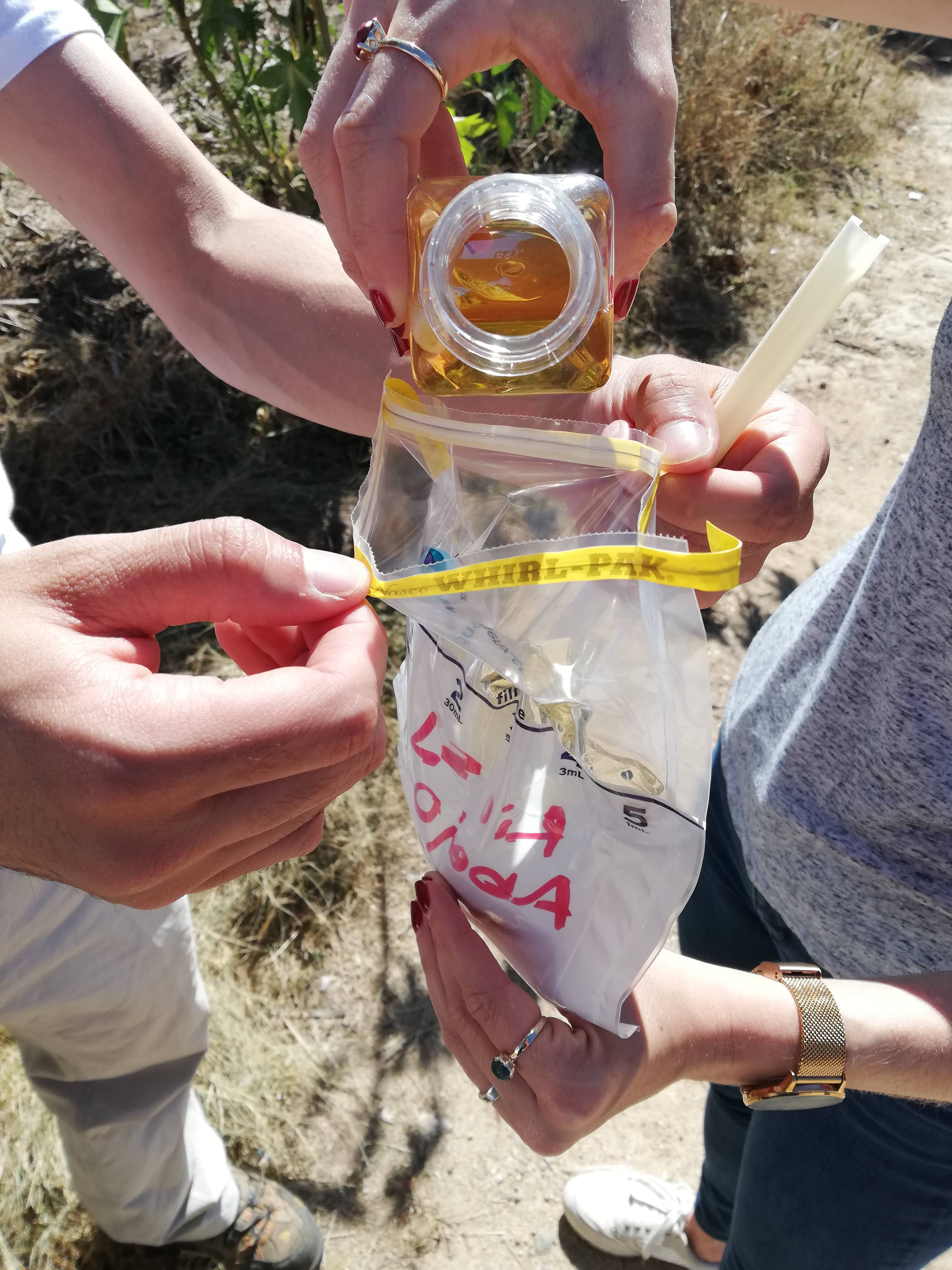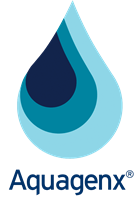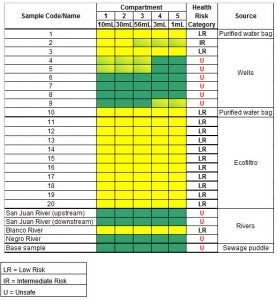The Center for Environmental Studies and Biodiversity of the Universidad del Valle de Guatemala seeks solutions to the environmental problems in Guatemala. Its primary focus areas are environmental research and biodiversity research. https://uvg.edu.gt/investigacion/ceab/
Project and Problem
The Center for Environmental Studies and Biodiversity (CEAB) at Universidad del Valle de Guatemala manages monitoring and verification for a project in Guatemala, “Zero Open Fires in Aguacatán.” This project is being developed by the Guatemalan NGO Fundación Solar with the support of Baxter International Inc and the collaboration of the Municipality of Aguacatán. The project’s goal is to reduce natural resource use, improve community health, provide access to clean drinking water and empower women in Aguacatán, Huehuetenango. Other participants in the project include the Guatemalan Ministry of Environment and Natural Resources.
The project will deliver community members covering 1500 families with Ecofiltro[1] filtering domestic units to purify harvested rainwater and water from their own wells, wood-burning stoves that are safer and more energy efficient than the traditional method of open-fire cooking, and education about natural resource stewardship.
Water quality testing for the project was a challenge because the location where the CEAB team incubated water samples for the first phase of the project has ambient temperatures below 18° Celsius in December. They needed a flexible, field-level test that can be used in low resource, remote locations.
Solution
CEAB used the Aquagenx® CBT E. coli Kit for microbiological water quality testing in two Guatemalan communities included in the project. During the first phase of the project, they took 25 samples to monitor and compare household water quality. The 25 samples included: 10 samples from household wells that do not use the Ecofiltro filtration unit; 10 households that do have Ecofiltro; four samples from the three most important rivers that serve as drinking water sources; one sample from a sewage puddle for comparison purposes.
Test Results
Out of the 25 samples, all samples taken from households with Ecofiltro, commercial local purified water stored in bags or carboys, and the Blanco River were classified as Low Risk category according to the Aquagenx® Most Probable Number (MPN) Table and World Health Organization Guidelines for Drinking Water.
The majority of samples taken from households without Ecofiltro and the San Juan and Negro Rivers, which are the more exploited rivers, were classified as Unsafe.
Below is the table of health risk level test results for the project based on the Aquagenx® MPN Table:
These results enabled the CEAB team to validate many people who use water directly from wells without filtration units and rivers are at risk of contracting gastrointestinal diseases by consuming food and water contaminated with E. coli. This is especially true for households that do not practice good hygiene behaviors, or who cannot afford to buy drinking water, or who do not boil water for consumption.
Conclusion
Jackeline Brincker, Researcher at CEAB, says “The Aquagenx CBT E. coli Kit is ideal for household water quality surveys because it’s easy to use and obtain test results in rural areas without electricity and other resources. It’s easy to explain how the CBT Kit works, and the test makes it simple to explain water quality basics. Its color-change test results are a visual, dramatic way to show community members how safe or unsafe their water is to drink.”
“The CBT Kit is excellent for household testing,” says Brincker, “because you don’t have to be a WASH specialist to use it. It’s very compact and lightweight and no extra equipment is needed. The CBT’s price is reasonable especially considering its capabilities for on-site testing in rural, remote areas.”
Brincker concludes, “We’ll definitely continue using the Aquagenx Compartment Bag Test. It’s important for us to do ongoing water quality monitoring in these communities with the CBT Kit to ensure people understand the importance of drinking clean water, and to show local people the results and impacts of this big project.”
[1] Ecofiltro is a Guatemalan social enterprise that has a defined mission: to benefit 1 million Guatemalan families in rural areas by the year 2020.
